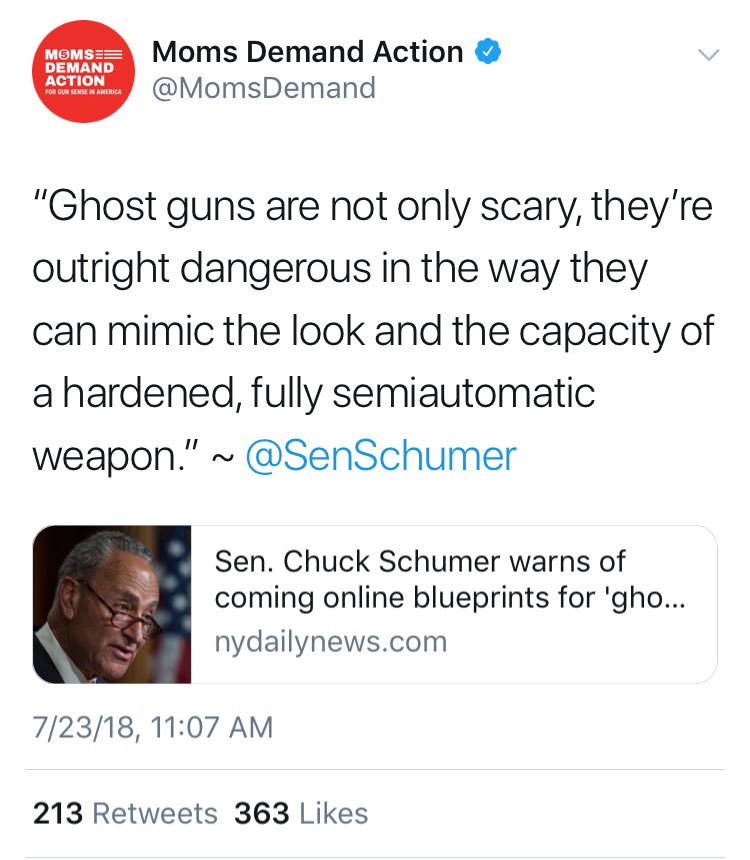"According to the study titled “
National Healthcare Expenditures, 2016-2025: Price Increases, Aging Push Sector to 20 Percent of Economy,” health care costs in the United States are estimated to grow at an average annual rate of 5.6 percent from 2016 to 2025.
If we apply this growth rate over 10 years, and add up the costs, our current healthcare system will cost
$49 trillion. "
Let's see...49 trillion vs 32 trillion.
We already have by far the most expensive system in the world because of the useless insurance middle men and associated administrative costs. This wonderful system also allows an estimated 45000 people EACH YEAR to die because they can't afford healthcare or health insurance. This idea is insane to the rest of the world. Pro-life? HA!
Meanwhile we spend more than the next 10 countries combined on our military, endlessly blowing up the Middle East and making defense contractors rich.
Where are the deficit hawks at? I though that's what the Republicans were all about.
I don't think either figure is ultimately very accurate or even that comprehensive. The CBO has studied everything from VA heathcare spending to Medicare/Medicaid along with per-person and per-unit healthcare costs and they have repeatedly concluded that direct comparisons are almost impossible because of the varying quality of care and coverage, dual enrollment/coverage, and a host of other factors.
We can take a broad look at the healthcare system from solely an expense and coverage perspective. Kaiser (using census data) says 49% of people have employer based health coverage. 19% have Medicaid, 14% have Medicare, and 2% receive coverage through VA/TRICARE/military. 9% are uninsured. 7% are covered by some kind of non-group based health insurance.
Total government spending on Healthcare is hard to calculate because of things like ACA subsidies, so really the best that we can do is add up the cost of various programs. 2016 numbers show 1,237.6 billion spent on Medicare/Medicaid, 55 billion on military/TRICARE, and the VA spends around 65 billion on medical services/healthcare (their actual budget is close to 200 billion, but only using actual healthcare expenditures). That's a total of
1,357.6 billion or 1.3576 Trillion dollars. Private insurance is around 1.1 Trillion. Not included are the uninsured or out of pocket expenditures.
So, Medicare, Medicaid, and military cover around 35% of people and that's a fairly accurate number.
The census raw numbers are a little different compared to Kaiser's analysis largely because they are calculating only those with coverage (9% uninsured not included), but it shows the 35% covered by government to be very close.
- In 2016, private health insurance coverage continued to be more prevalent than government coverage, at 67.5 percent and 37.3 percent, respectively. Of the subtypes of health insurance coverage, employer-based insurance covered 55.7 percent of the population for some or all of the calendar year, followed by Medicaid (19.4 percent), Medicare (16.7 percent), direct-purchase (16.2 percent), and military coverage (4.6 percent).
Thus, I think we can conclude with some confidence that around 35-40% of people are covered by government insurance and around 50-55% are covered by some form of private insurance.
On that basis alone, it seems that the government spends more per-person than private insurance. That said, people on government based insurance are sicker, older, etc and that is a difficult variable to adjust for. However, we also know Medicare and Medicaid reimbursements are sharply lower than those made by private insurance. Doctors and hospitals can show very concretely that if they have to accept those lower reimbursements they will be in serious financial jeopardy. Ultimately, this is the actual point I wanted to make. Forget whether or not the government can provide insurance more efficiently - - are doctors, hospitals, and other providers willing to provide care for much lower salaries, profits, etc? That's the ultimate question. Canada has a unique system in which private doctors and hospitals still provide much of the care, but the government essentially pays the bill. The NHS in the UK actually employs the doctors and operates the hospitals. Without question, doctors earn significantly less in both Canada and the UK. Forget whether they SHOULD accept lower salaries or if you think they are overpaid. The question is WILL they accept the lower payments and salaries?
I think they won't and you'll end up with the best talent and most experienced are in private practice at private hospitals. Only the rich and wealthy will be able to afford that. Healthcare and how to pay for it is an exceedingly complicated issue and marketplace. One size to fit all solutions are by nature going to ignore that complexity and the biggest stumbling blocks (lower payments to providers). There's also the question of whether or not you believe that employers will suddenly give everyone a raise commensurate to what the worker and employer were paying for health insurance as that would only be fair to pay the taxes needed to fund the new system. I have serious doubts workers would be made whole. I just don't think there is an easy answer or silver bullet.


